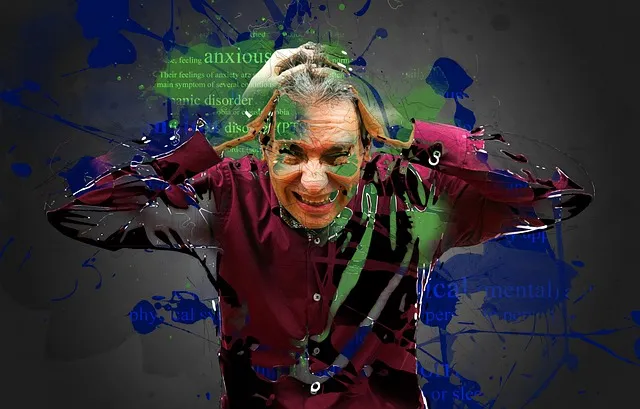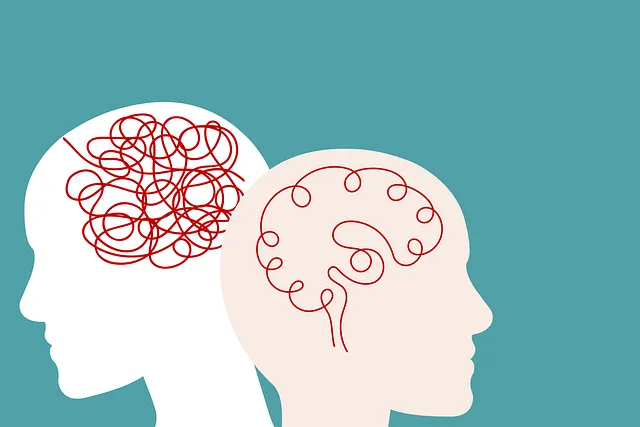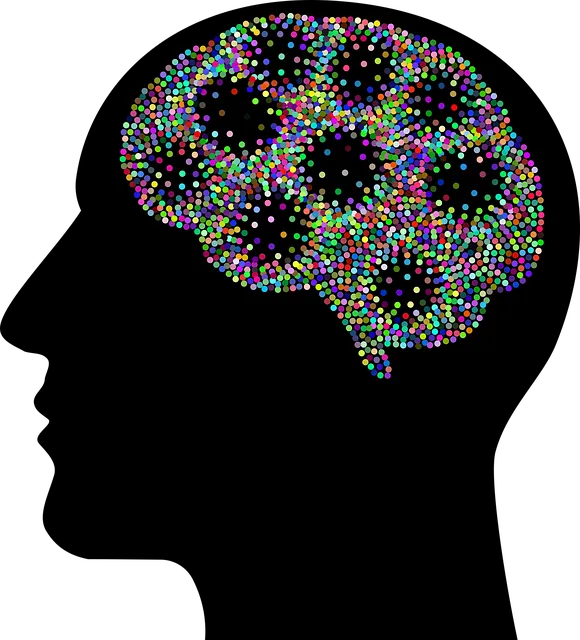Cultural sensitivity is a cornerstone of effective mental healthcare, especially at Kaiser Permanente's psychiatric phone line in Centennial, where diverse patient backgrounds are acknowledged and respected. Through training in cultural competency, the team navigates cross-cultural communication barriers, tailoring treatments to individual needs. This approach improves patient outcomes, fosters trust, and encourages open discussions about mental health in an inclusive environment, addressing the unique challenges faced by a diverse society. The Kaiser Permanente Centennial service offers culturally competent care, integrating crisis interventions and stress management strategies tailored to various cultures, thereby enhancing therapeutic effectiveness.
“Cultural sensitivity is a cornerstone in delivering effective mental healthcare, ensuring equitable patient outcomes. This article explores the intricate relationship between cultural competence and psychiatric practice, highlighting the impact of diversity on patient care. We delve into strategies for navigating cultural barriers, drawing from resources like the Kaiser Permanente Psychiatry Phone Number Centennial, a vital tool for professionals seeking to enhance their cultural navigation skills. By understanding these nuances, mental health practitioners can significantly improve patient experiences.”
- Understanding Cultural Sensitivity in Mental Healthcare
- The Role of Diversity in Shaping Patient Care
- Kaiser Permanente Psychiatry Phone Number Centennial: A Resource for Cultural Navigation
- Overcoming Barriers to Culturally Competent Practice
- Enhancing Patient Outcomes through Cultural Sensitivity
Understanding Cultural Sensitivity in Mental Healthcare

Cultural sensitivity is a cornerstone in mental healthcare practice, ensuring that treatment approaches are tailored to meet the unique needs and beliefs of each individual. It involves recognizing and appreciating the diversity within communities, including various ethnic backgrounds, religions, and cultural traditions. In an organization like Kaiser Permanente, with locations spanning across different regions, such as their psychiatry phone number Centennial services, understanding cultural sensitivity becomes paramount. This approach not only enhances patient outcomes but also fosters a more inclusive environment.
Mental healthcare providers must be equipped with the skills to navigate sensitive topics, understand cross-cultural communication barriers, and adapt their treatment methods accordingly. The Kaiser Permanente psychiatric team, through ongoing training in healthcare provider cultural competency, learns effective communication strategies. This includes learning about various cultural practices, values, and potential challenges, enabling them to offer compassionate care. Additionally, risk management planning for mental health professionals should incorporate cultural sensitivity to mitigate potential issues and ensure the best possible patient experiences.
The Role of Diversity in Shaping Patient Care

In today’s diverse society, mental healthcare practices must embrace cultural sensitivity to effectively serve a wide range of patients. Diversity isn’t just about representation; it shapes patient care experiences and outcomes. For instance, a patient from a different cultural background might approach their mental health issues differently, with unique beliefs about causes and treatments. A Kaiser Permanente psychiatry phone number Centennial, like many other progressive practices, recognizes this need for cultural competence.
By integrating crisis intervention guidance tailored to diverse populations and incorporating stress management strategies sensitive to various cultural contexts, these practices improve communication strategies between patients and providers. This approach ensures that every individual receives care aligned with their cultural values and experiences, fostering trust and ultimately leading to better treatment adherence and outcomes.
Kaiser Permanente Psychiatry Phone Number Centennial: A Resource for Cultural Navigation

In today’s diverse society, cultural sensitivity is paramount in mental healthcare. Organizations like Kaiser Permanente recognize this need, offering dedicated resources such as their Psychiatry Phone Number Centennial service. This initiative caters to a wide range of patients by providing culturally competent care tailored to various backgrounds and experiences. The phone line serves as a vital tool for navigating the intricate web of cultural differences, ensuring that every individual receives support suitable to their unique needs.
By accessing this resource, patients can expect guidance on depression prevention, resilience building, and stress management from professionals who understand the nuances of diverse cultures. This approach not only enhances therapeutic outcomes but also fosters a sense of belonging and trust among clients, encouraging them to openly discuss challenges related to mental health in an environment that respects and values their cultural identities.
Overcoming Barriers to Culturally Competent Practice

Overcoming barriers to culturally competent practice is essential for providing quality mental healthcare, especially when serving diverse communities like those around the Kaiser Permanente psychiatry phone number Centennial. One significant challenge lies in the lack of cultural awareness among mental health professionals, which can lead to miscommunication and mistrust. This is where continuous education plays a vital role; training programs focused on enhancing cultural sensitivity in mental healthcare practice are necessary to equip practitioners with the skills to navigate these complexities. By understanding different cultural contexts, beliefs, and values related to mental illness, healthcare providers can offer more personalized and effective treatments.
Integrating practices that foster emotional regulation and coping skills development tailored to diverse populations is another step towards breaking down barriers. This involves learning about traditional healing methods, family dynamics, and community resources unique to various cultural groups. For instance, some communities may prioritize collective support rather than individual therapy, or they might have specific rituals for addressing mental health concerns. By embracing these differences, mental health professionals can create a more inclusive environment, ensuring that all patients receive culturally responsive care.
Enhancing Patient Outcomes through Cultural Sensitivity

In today’s diverse society, cultural sensitivity in mental healthcare is more crucial than ever. By incorporating empathy building strategies and resilience-focused initiatives, such as Kaiser Permanente psychiatry phone number Centennial’s Community Outreach Program Implementation, providers can significantly enhance patient outcomes. Understanding and respecting a patient’s cultural background allows for personalized care, fostering trust and open communication that may be vital to their treatment journey.
Cultural sensitivity goes beyond simply providing linguistically accessible services; it involves actively listening to patients’ unique experiences, beliefs, and values. This approach not only improves patient satisfaction but also encourages adherence to treatment plans. Through these efforts, mental healthcare professionals can create a supportive environment where patients from all backgrounds feel valued and empowered to navigate their mental health challenges with resilience.
In conclusion, cultural sensitivity in mental healthcare is paramount for providing effective and equitable patient care. By embracing diversity and utilizing resources like the Kaiser Permanente Psychiatry Phone Number Centennial, practitioners can overcome barriers and create a more inclusive environment. This approach significantly enhances patient outcomes by ensuring that cultural considerations are at the heart of every interaction.






